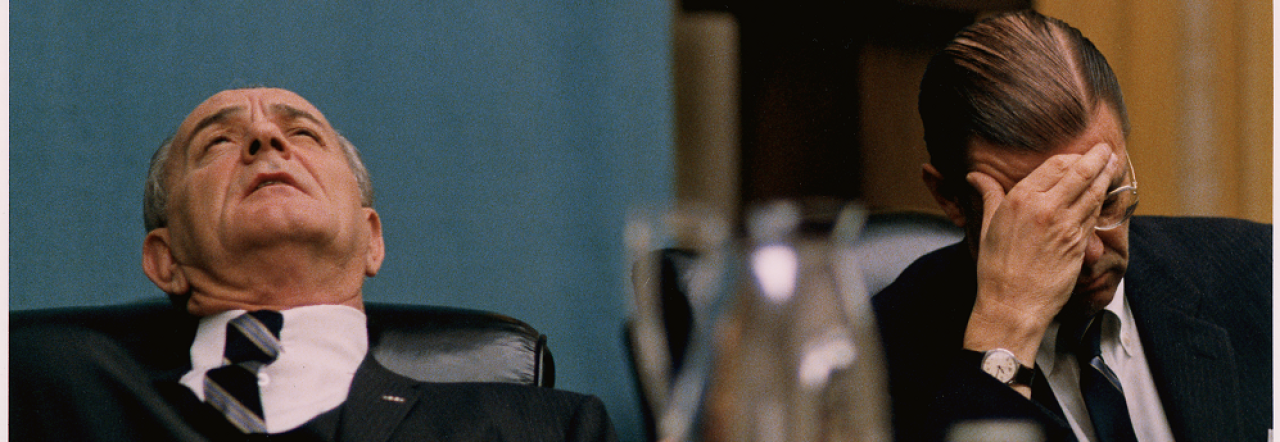International events, such as the Georgia-Russia conflict that flared up this week, are of course unfortunate and horrible. But they are also highly interesting as we learn more about the history and politics of the nations and regions involved. The unfolding developments in regions such as this provides new information about places that once were a part of the old U.S.S.R. So as awful as the situation is, there is also insight to be gained by following developments there.
For me one of the ongoing intriguing questions is what exactly is the power sharing arrangement in Russia where President Medvedev was again overshadowed by Prime Minister Vladimir Putin. Clearly Putin continues to be in a position of power, and the events over the last several days prove that to be true. It was Putin who declared “war has started”, though foreign affairs is not part of the Prime Minister’s duties.
The conflict in Georgia also appeared to suggest the limits of the power of President Dmitri A. Medvedev, Mr. Putin’s hand-picked successor. During the day, it was Mr. Putin’s stern statements from China, where he was visiting the opening of the Olympic Games, that appeared to define Russia’s position.
But Mr. Medvedev made a public statement as well, making it unclear who was directing Russia’s military operations. Officially, that authority rests with Mr. Medvedev, and foreign policy is outside Mr. Putin’s portfolio.
“The war in Ossetia instantly showed the idiocy of our state management,” said a commentator on the liberal radio station, Ekho Moskvy. “Who is in charge — Putin or Medvedev?”
The Georgian-Abkhaz war in the early 1990s erupted as a result of long-running inter-ethnic tensions. It was an extremely vicious conflict, in which both sides carried out ethnic cleansing, mass killings and wanton destruction of property.
An agreement reached by CIS (Commonwealth of Independent States) heads of state in August 1994 provides for some 2,500-3,000 CIS, overwhelmingly Russian, peacekeepers to be stationed in the conflict zone.
There is also a smaller UN-mandated observer mission, consisting of military observers and international police.
Georgia does not believe the Russian peacekeepers are neutral. Instead, Tbilisi alleges, they are an actual party to the conflict, supporting the Abkhaz separatists.
The situation is complicated by Russia’s policy of offering a fast track to Russian citizenship to large numbers – more than two-thirds – of Abkhazia’s population.
This allows Russian Foreign Minister Sergei Lavrov to announce that Russia will use whatever means necessary to defend “its” citizens.
Tension between Russia and Georgia is nothing new. Previous low points have included Russia imposing trade sanctions and energy blockades.
Now, Georgia says it will block Russia’s bid to join the World Trade Organization.
The source of the current, ominous spat is, however, the situation in Abkhazia.
The major catalyst seems to have been the announcement from Moscow on 16 April that it was lifting economic sanctions and boosting official links with the separatist administration in Sukhumi, the Abkhaz capital.
It remains unclear whether this was a prelude to full Russian recognition of Abkhazia’s self-declared independence. After all, Russia clearly condemns separatism in its own territory, as well as abroad, in places like Kosovo and Tibet.
Russian officials, from President Vladimir Putin down, warned that the recognition by many Western nations of Kosovo’s, unilaterally declared, independence would serve as a template for its own actions in the pro-Russian, separatist regions of the former USSR.
Tensions were further exacerbated by the apparent shooting down of an unmanned Georgian drone by a Russian air force MiG-29. Russia denies involvement, but says the drone itself was illegal.
President Saakashvili has made restoring Georgia’s territorial integrity a priority in his political project.
Just months after coming to office, he oversaw the return of another formerly separatist region – Ajaria – to central control. He pledged then that the entire country would be “reunified”.
However, many conflict resolution experts doubt whether he will succeed in the case of Abkhazia. Its people, an ethnic group distinct from Georgians, do not want to live under Georgian rule, they say.
And it might just be too late. Attracted by a stronger and richer Russia, many say Abkhazia is now irrevocably on the path of assimilation with Russia.


